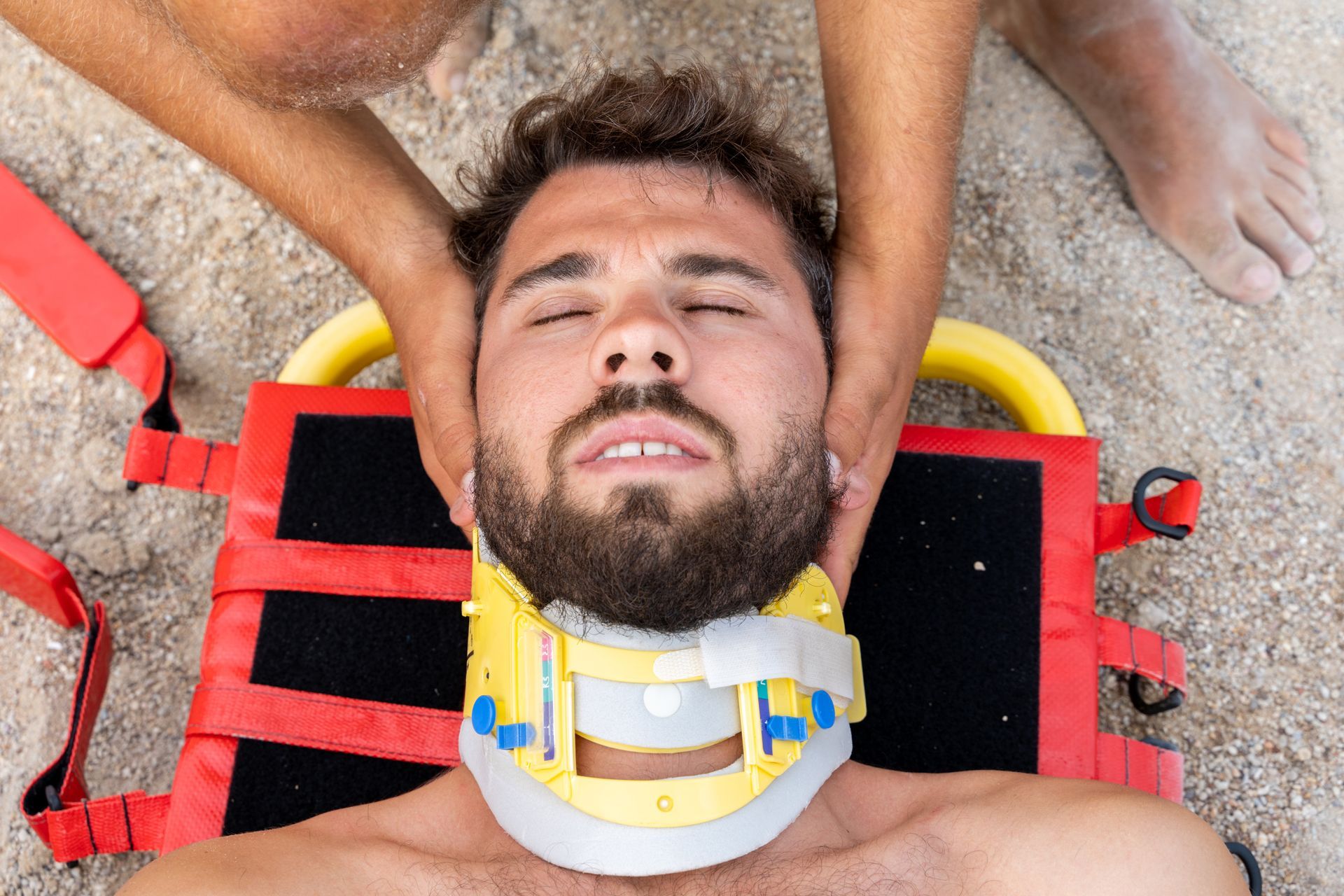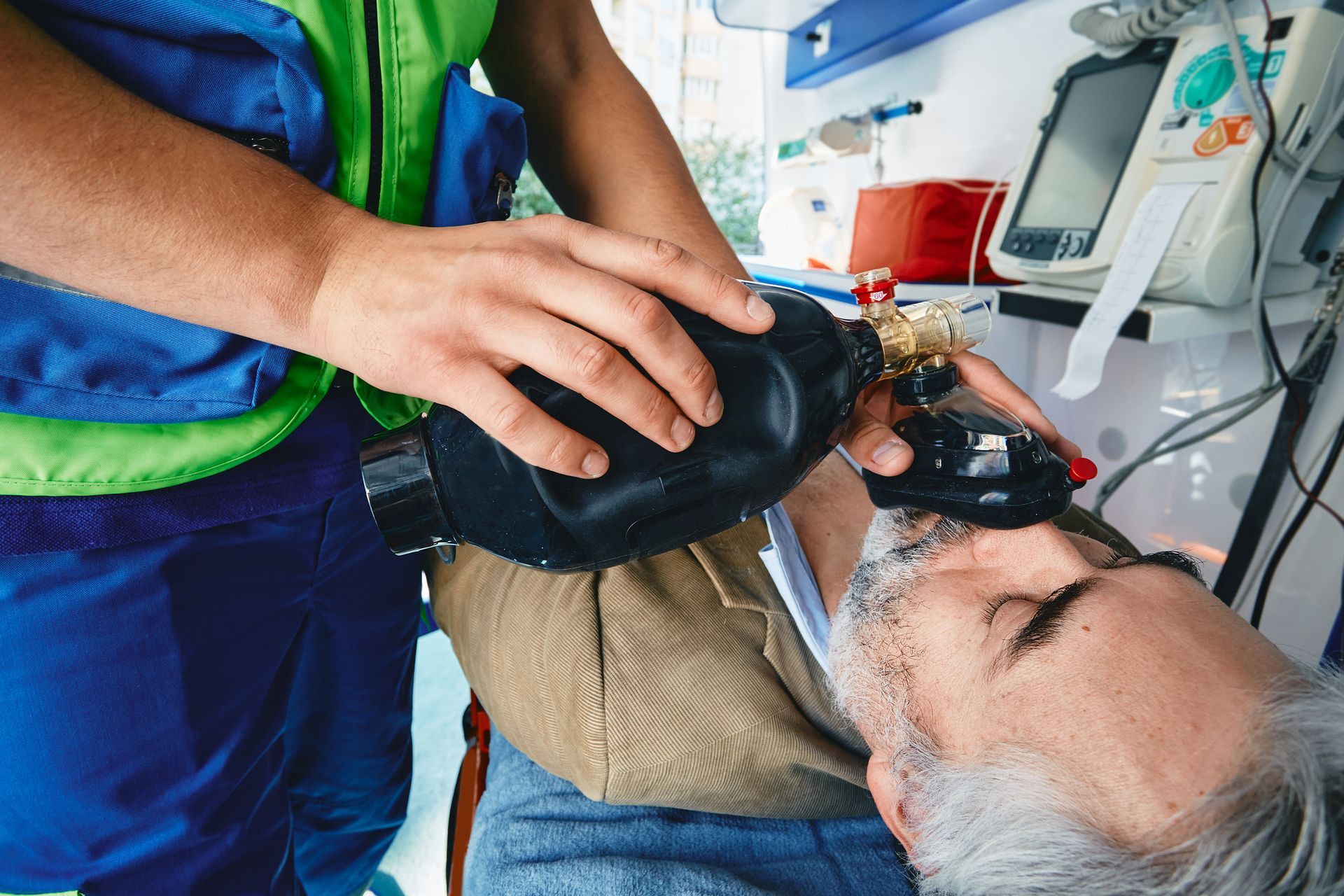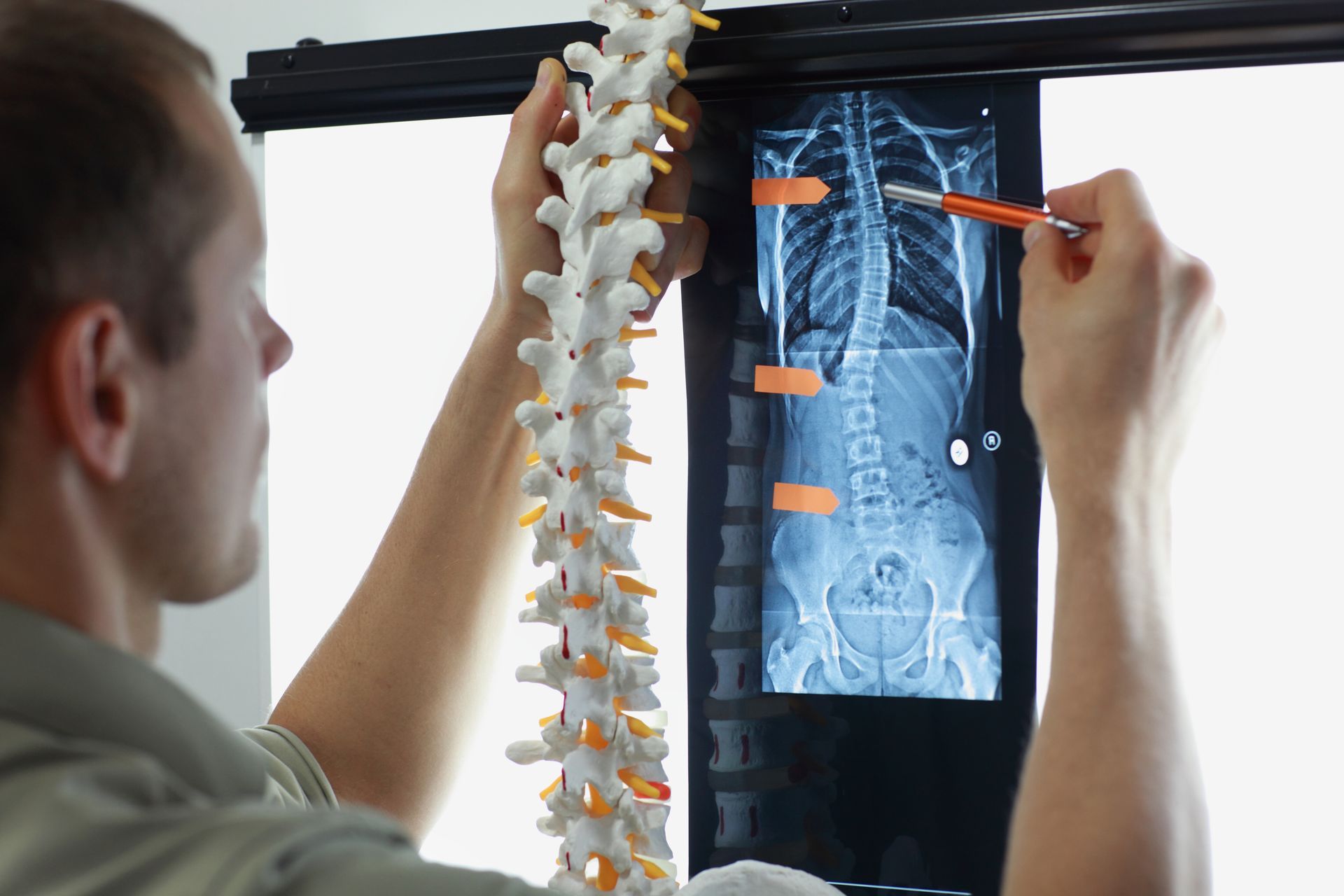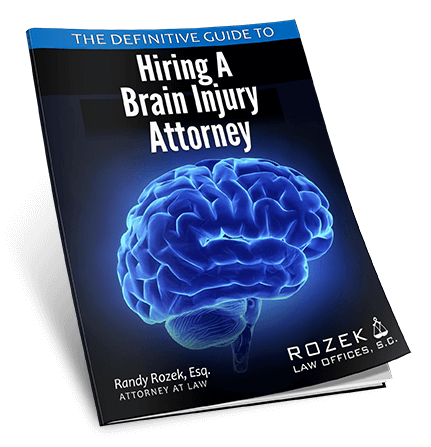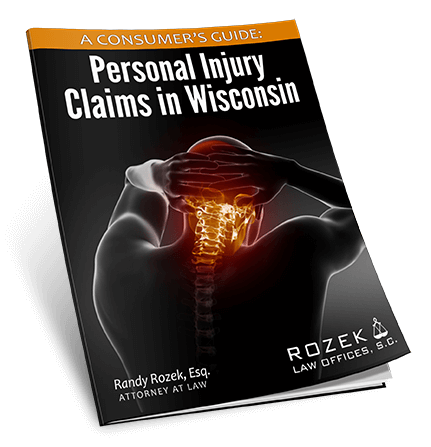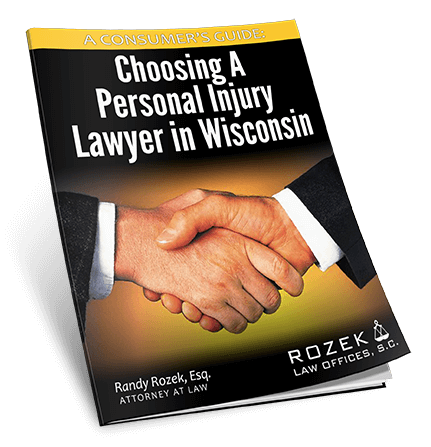Mental health issues in ABI and TBI
A common symptom following brain injury includes mental health issues, but those with an Acquired Brain Injury (ABI) may have symptoms difficult to differentiate, according to Kenneth Murnaghan, director of Brain Injury Association of P.E.I.
By definition, an acquired brain injury is an injury to the brain that has occurred after birth, but is not related to congenital defect or degenerative disease. Causes of ABI include (but are not limited to) hypoxia, illness, infection, stroke, substance abuse, toxic exposure, and tumor. ABI may cause temporary or permanent impairment in such areas as cognitive, emotional, metabolic, motor, perceptual motor and/or sensory brain function.
In contrast, a traumatic brain injury (TBI) is a traumatically induced structural injury and/or physiological disruption of brain function as a result of an external force that is indicated by new onset or worsening of at least one of some of the following clinical signs, immediately following the event:
- Any period of loss of or a decreased level of consciousness
- Any loss of memory for events immediately before or after the injury
- Any alternation in mental state at the time of the injury (confusion, disorientation, slowed thinking, etc.)
1.7 million people sustain a traumatic brain injury (TBI) each year. According to the Centers for Disease Control and Injury Prevention , the leading causes of TBI are:
- Falls (35.2%)
- Motor vehicle-traffic crashes (17.3%)
- Struck by/against events (16.5%)
- Assaults (10%)
“With brain injury survivors the issues remain generally stable or improve over time while mental health patients display symptoms that come and go depending on the mood,” an article on brainbehappy.com reads. “Those living with an ABI are often more vulnerable than the general population to mental health disorders such as anxiety, post-traumatic stress disorder and depression.”
Murnaghan says his concern is that the needs and issues of brain injury survivors will be overlooked and fall through the cracks. He suggests proper training is essential.
“Substance use is of greater concern following a brain injury due to the impact of drugs and/or alcohol on the healing brain. Use of alcohol and illicit drugs can hamper the brain’s ability to heal, increase risk of seizures, and increase impairments,” the article reads. “Tolerance for certain substances including alcohol is also reduced following a brain injury. Compounding the nature of addiction issues, the brain injury can affect the individual’s self-awareness and perceptions, reducing their ability to recognize concerns and consequences of substance misuse.”
Individuals with a brain injury are reportedly more susceptible to addiction issues.
“Alcohol or drug use may be used by the survivor to self-medicate,” the article reads. “Additionally, many individuals experience impairment in the areas of impulse regulation, decision-making and problem solving which may allow the circumstances for substance use to become excessive.”
